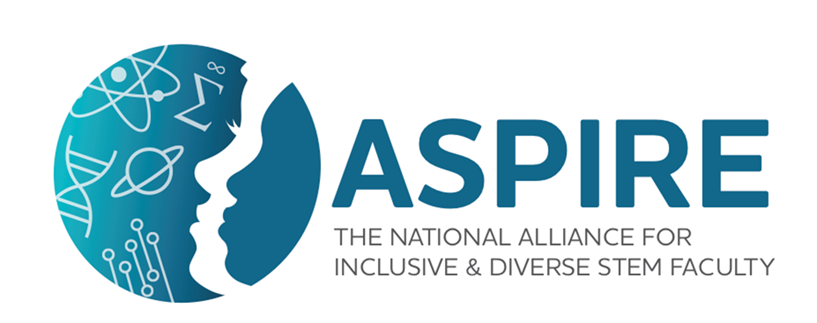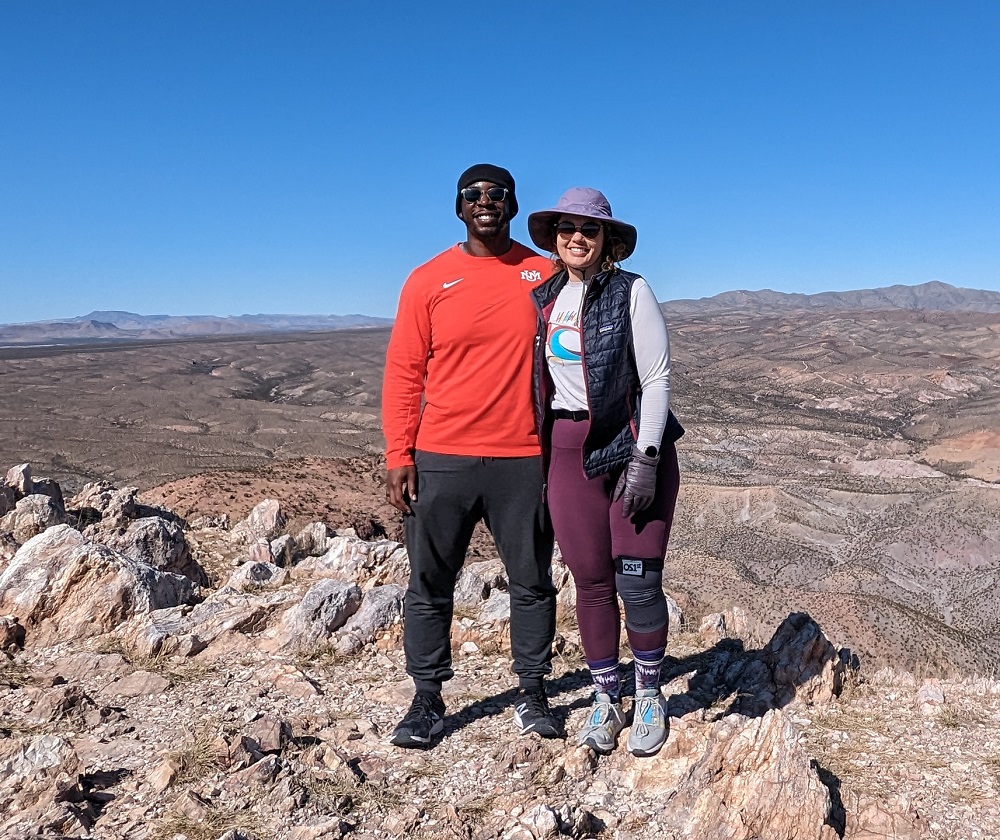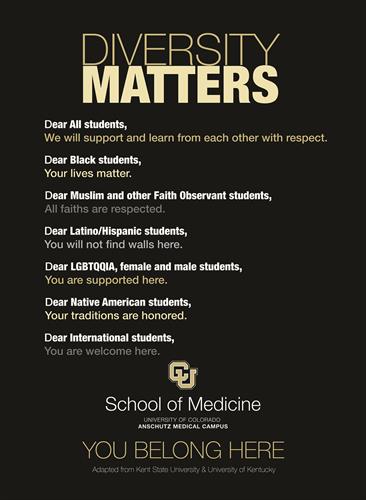LGBTQ+ Pride Month/Juneteenth - Student Highlight
Alexandra Fields
Jun 16, 2022Get to Know: Alexandra Fields
Q&A by Tori Serna
What made you want to pursue a career in Physical Therapy?
Since I was young, I always knew that I wanted to have a career in healthcare. It’s always been what I was best at and what I was most interested in. I enjoy sports and human anatomy, so when I learned about what Physical Therapy was, I knew it was the career for me. I also realized how underappreciated Physical Therapy is, despite the major benefits, so I wanted to help spread the word about how great the profession is.
How has CU Anschutz Physical Therapy program allowed you to pursue your goals?
I applied and went through the admissions process for multiple schools and CU Anschutz had the most holistic review of their prospective students. It not only looked at grades, but it looked at the whole person. So, someone that might not have had the best grades, could still shine during the interview or when writing the essays. Compared to other schools, especially in the West, I feel CU Anschutz is a good representation of the area we are in. I can only speak to our cohort, but the demographics seem to represent people from many different backgrounds and life experiences, whether it be race, culture, religion, or sexuality. This adds diverse perspectives and gives us the opportunity to meet likeminded people and voice our opinions and grievances with support from our peers. Although there are many areas in which the profession and curriculum need to grow, I have no fears in truly being myself and speaking my mind.
What is your “why”?
I really like people and I want to help people in any way possible. For me, physical therapy is different from other healthcare professions. I’ve heard from patients, family members, and friends that their physical therapists are the most personable people they’ve met, and they tend to have good rapport with their patients. Having this relationship with your patients will have implications on the quality of service we’re able to provide. I want to be able to help my patients reach the goals they have set for themselves. Not just health wise, but just goals they have in general. I want to help people see the benefits of physical therapy so they can utilize those benefits, especially considering how underutilized physical therapy is.
June is a month to honor and celebrate the LGBTQ+ protestors in the Stonewall Uprising in 1969. What does this time mean for you? What role(s) have you taken up within the program that bring you pride?
I feel a combination of joy & pride and sadness & frustration every June. As a society, we’ve come so far, and I am so glad that queer people have made strides over the years that allow them to express themselves without the same levels of fear of persecution. However, I remain disgusted by the actions of those in the past and present to torture, ostracize, and kill LGBTQ+ people simply because of the way in which they live their lives. I am happy to be a part of a community and family that loves and accepts me for me. Not only is June a time to celebrate, but it’s also a time to confront those still ignorant to queer struggles and to recognize the inequities that still exist. Both in class and clinic, I always advocate for the LGBTQ+ community by calling for inclusivity in activities, documentation, and literature. Not only do I call out discrimination whenever I see it, but I also remind people that their silence on such matters is compliance. Within our cohort alone, there have been things said that disgust me and reinstall in me the need for such months like these. Physical Therapy is a profession that works with PEOPLE, so if someone is unable to provide the best of their care because of their homophobia or biases, then they need to be called out immediately so that they can learn from their discriminatory actions and become better educated and accepting in order to provide quality and equal care for anyone they encounter. Although June is a month so celebrate and serves as a reminder to fight for queer rights, the fight shouldn’t cease on July 1st. As physical therapists, we must continuously advocate for our patients, especially those facing more disadvantages.
June 19th, also known as Juneteenth, celebrates the emancipation of enslaved African Americans. As a nation, I believe we need to do better acknowledging our past so we can heal and move forward to a better future. In what ways do you feel the profession of physical therapy can also do the same?
Although Physical Therapy feels a bit more welcoming to diversifying the profession than other healthcare careers, there is still a lot more work to be done. Physical Therapy isn’t often utilized by the black community, especially by those of lower income or education levels. This could be because of inaccessibility due to distance, insurance, cost, lack of benefit knowledge, or just an overall distrust in healthcare in general. Due to disparities and limitations that have been set in place to limit the advancement of black people in this nation. It’s not enough to solely be aware of the discrimination but people need to actively work to correct and counter actions that prohibit true equity in the patient population of physical therapy. This is both regarding physical therapy as a career and at the CU Anschutz level as well to promote DEI principles the school states to strive towards. Being one of the most prestigious Doctor of Physical Therapy programs in the nation, it’s our job to be the catalysts for change by leading by an example that others can follow. Though I don’t feel any hesitance on expressing when I experience or view racial discrimination at the hands of the institute, professors, or peers; I do often feel unheard. Apart from the quick discussions that take place during class, there isn’t much action going on elsewhere. And if there is, I haven’t seen it. When I call things out, I often feel like the “angry black woman” because I speak passionately about injustices and receive support only from other black people in the cohort. For an institution that prides itself on diversity and inclusion, there have been many situations that cause me to feel more underappreciated and undervalued than what I would have expected coming in. Black people in this country have been suffering for more than 400 years. We know the history. We see the discrimination. We no longer want to hear apologies. We NEED action over words. The black community has no problem making ourselves heard. Being heard isn’t what we need. We need change. The fire that burns inside me should burn inside each of my peers in my cohort to make change so that we can truly work to be a campus representative of diversity, equity, and inclusion. You don’t have to live it to speak on it. Allyship matters.
What words of encouragement do you have to share with future students of color or LGBTQ+ students pursuing careers in healthcare?
Take time to celebrate yourself for getting accepted. You are at one of the best schools in the country that truly values you. To work in a field like Physical Therapy, where you can both further your education and help people, is a great accomplishment. Be proud and always carry that with you because imposter syndrome is real, especially for those in minority groups, so do your best to stay ahead of that. You must be an advocate for yourself, because nobody else is going to do it. And know that there are places you can find support. Whether that be online communities or social media pages, try to find a community of like-minded individuals because you aren’t alone. Continue working hard so that those coming after you can feel even more comfortable in a cohesive community.Learn more about Juneteenth, as well as events happening in Denver.




